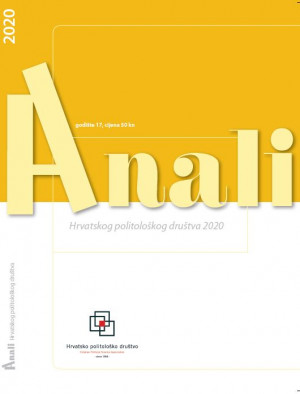Međureligijska vijeća i izazovi vjerskih konsocijacija na Bliskom istoku: što razlikuje Libanon od Iraka i Irana?
Interfaith Councils and the Challenges of Religious Consociations in the Middle East: What Distinguishes Lebanon from Iraq and Iran?
Author(s): Vedran ObućinaSubject(s): Geography, Regional studies, Theology and Religion, Politics and religion, Sociology of Religion
Published by: Hrvatsko politološko društvo
Keywords: Middle East; religion; religious consociation; interfaith council; Lebanon; Iraq; Iran;
Summary/Abstract: After the Second World War, consociational democracy became a frequent way of overcoming deep political divisions associated with violent or protracted conflicts in a society. Religious identities were often at the center of consociational mechanisms, and functional political orders were sought to be formed by consociational mechanisms dividing power between different religious groups. In the Middle East, religious identities are particularly significant, and in the post-secular era their importance is further strengthened. The division of power based on religious affiliation can become a form of standardization of state or regional power and lead to the perpetuation of division and blockade of society. Following this idea, the article criticizes the effects of religious consociation in Lebanon. After a very brief comparison with the cases of Iraq and Iran, the author in the article, which in addition to its political science perspective also has a political theological dimension, advocates interfaith councils as a possible constructive channel for building peace in religiously divided societies in the Middle East.
Journal: Anali hrvatskog politološkog društva
- Issue Year: 2021
- Issue No: 18
- Page Range: 0-20
- Page Count: 21
- Language: Croatian

